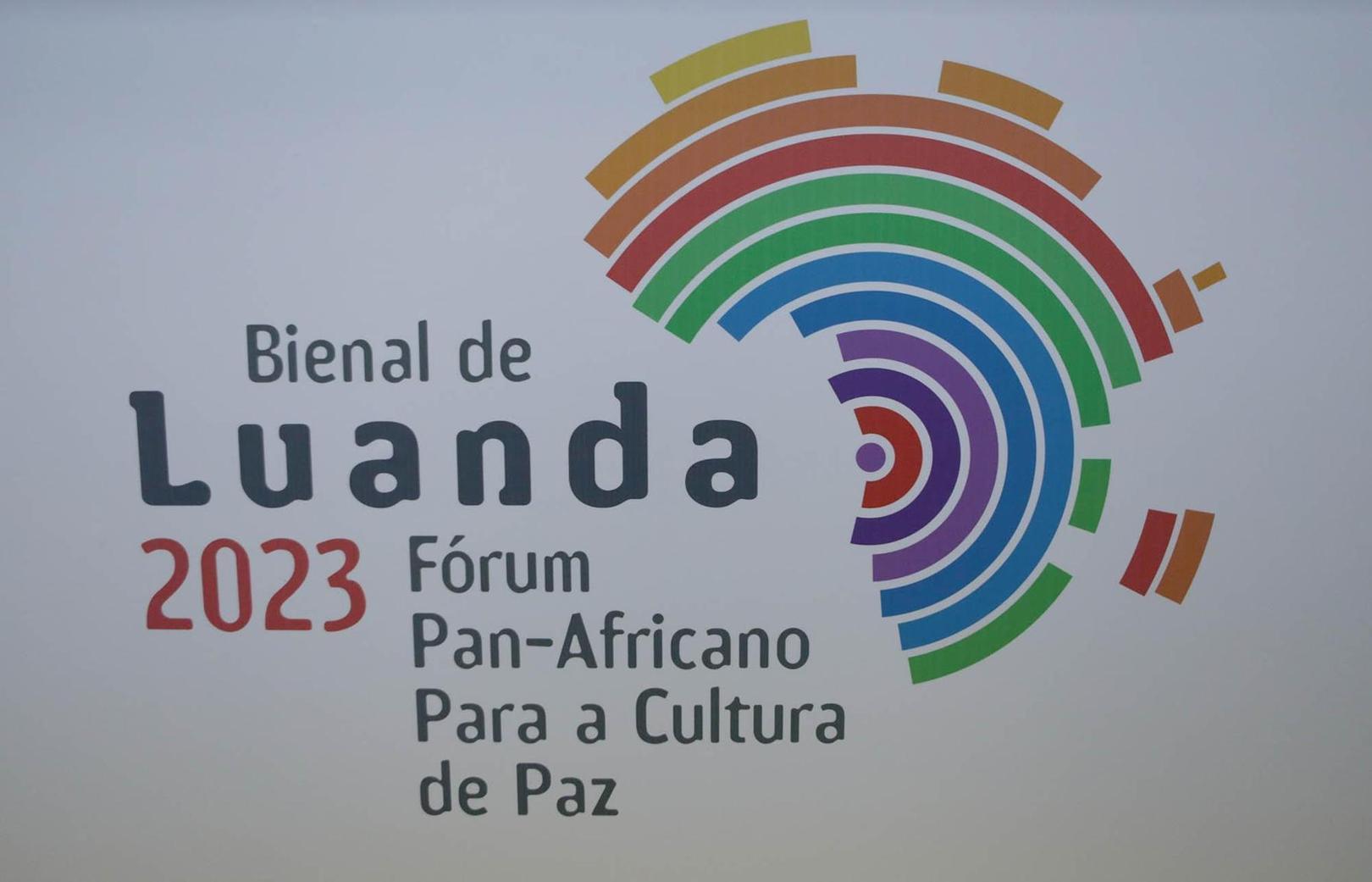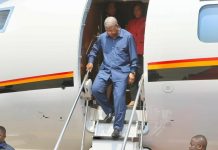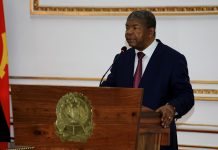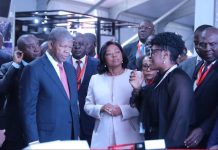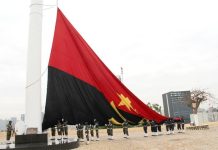Africa-Press – Angola. Christian churches in Angola welcomed, this week, the holding of the Pan-African Forum for the Culture of Peace and Non-violence – Luanda Biennial, for looking at human principles and values and sustainable development.
According to religious leaders interviewed the culture of Peace and Non-violence promotes respect between people, based on the premises of authentic humanism, as well as preparing a better future for new generations, based on relationships of justice and of solidarity.
These guidelines, they say, are supported by the Pan-African Forum for the Culture of Peace and Non-violence, which will take place under the motto “Education, Culture of Peace and African Citizenship as a Tool for the Sustainable Development of the Continent”.
The forum, which will bring together several heads of State and Government from the continent and the world, will also feature the participation of various civil society institutions and young African leaders, with churches seeking to promote the prevention of violence and fostering peaceful resolution of conflict, encouraging cultural exchange.
According to the general secretary of the Council of Christian Churches in Angola (CICA), Reverend Deolinda Dorcas Teca, the 3rd edition of the Luanda Biennial brings with it an interesting theme that is linked to education and the culture of Peace, promoting a look at the principles and human values, as well as sustainable development.
The reverend also highlights the need to continue working to prevent conflicts in Africa, focusing on the education of new generations, leading them to reflect on the great values of the culture of peace.
According to Deolinda Dorcas Teca, the church will also participate in the Pan-African Forum for the Culture of Peace and Non-violence, holding a meeting that will reflect on the great values of the culture of peace at the level of Africa and Angola in particular.
“We will talk about the challenges and implications of conflicts in the world, we will have two renowned African religious facilitators who will share some experiences”, he highlighted.
In turn, the general secretary of the Congregational Evangelical Churches in Angola (IECA), reverend André Cangove Eurico, recognizes that the event is of great value, as it represents the meeting of the continent’s different cultures, as well as the expansion of the cycle of country’s influence.
He considered that different values, norms, skills, know-how and thinking of each people are rooted in culture, therefore, he sees culture as the result of joint learning that allows individuals to interact in the societies they live in, as well as sharing knowledge that can be the guiding compass.
“Culture and education go together, as culture results from education and education strengthens culture”, he highlighted.
André Cangove Eurico also recalled that culture is shaped by families, therefore, it is important for this body of society to be attentive to this cultural development, which always brings people from different African contexts to share their values.
“The results of these meetings always return to our homes, our societies, our schools and streets”, he said.
For the bishop of the Anglican Church in Angola, Filomena Teta Estêvão, the Luanda Biennial could bring significant benefits in promoting and strengthening the culture of peace, as it will boost mutual understanding, tolerance and cooperation, essential elements for the construction of objectives of the biennial.
Filomena Teta Estêvão listed some benefits of the Forum such as intercontinental dialogue and understanding, the promotion of cultural diversity and art as a tool for peace, youth involvement and education for peace, as well as international solidarity and cooperation.
In the religious context, the bishop said that the role of the church is to pacify the spirits and the mind, based on harmony, concord and supportive guidance for good.
Regarding the church’s participation in the Luanda Biennale, he considered that it can play a significant role in promoting the values of morality, pacification and love for others.
Regarding the participation of young people in the Luanda Biennale, religious leaders are unanimous in advising the participation of this fringe of society, having considered it to be an enriching and opportune space of knowledge to contribute to a better environment for dialogue.
About the Biennale
The Pan-African Forum for the Culture of Peace and Non-Violence – Luanda Biennial is a joint initiative of the Republic of Angola, the United Nations Educational, Scientific and Cultural Organization (UNESCO) and the African Union (AU).
The event, which takes place every two years in the Angolan capital, aims to promote the prevention of violence and the peaceful resolution of conflicts, encouraging education, cultural exchange in Africa and intergenerational dialogue.
The Luanda Biennial brings together heads of State and Government, representatives of International Organizations and Financial Institutions from around the world, investors, artistic and scientific communities, young people, women and members of civil society.
It was designed as a space for reflection on the main sustainable development challenges of the African continent and the importance of the arts in raising awareness about the value of the culture of peace, ideas and good practices related to social and economic progress on the continent.
The meeting is a platform for implementing the “Action Plan for a Culture of Peace in Africa/We act for peace”, adopted in March 2013, in Luanda, at the Pan-African Forum “Sources and Resources for a Culture of Peace”.
It also serves as a space to promote the commitment of African leaders and civil society on the continent based on the aspirations of the African Union Agenda 2063, the Sustainable Development Goals of the UN Agenda 2030 and, finally, the “UNESCO Operational Strategy for the Africa Priority 2022-2029”.
ANGOP
For More News And Analysis About Angola Follow Africa-Press

